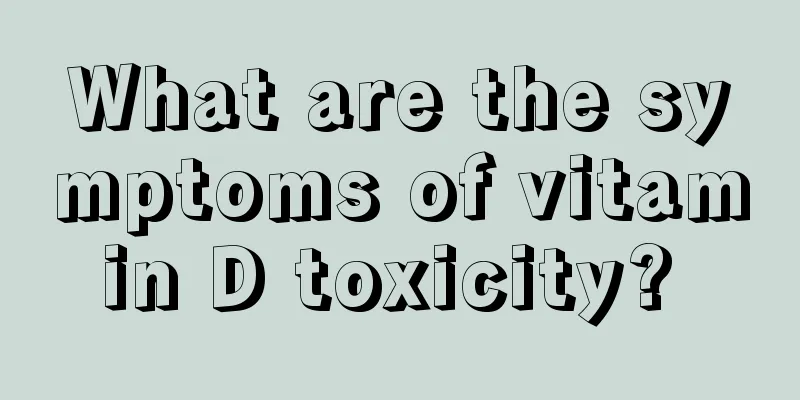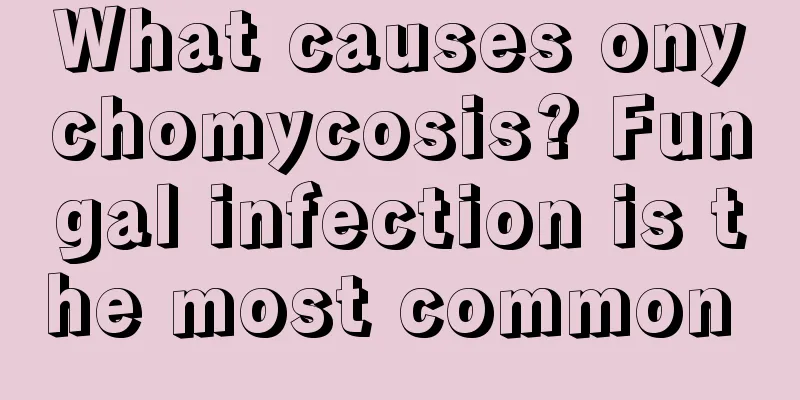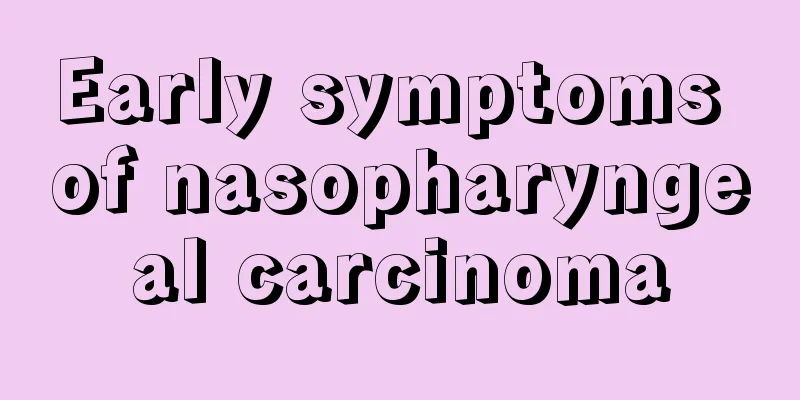What are the symptoms of vitamin D toxicity?

|
Many people have not heard of vitamin D poisoning, but only know that vitamin D can treat rickets. Sometimes rickets is misdiagnosed and excessive intake of vitamin D can lead to vitamin D poisoning. This requires everyone to pay more attention. symptom: VitD poisoning lacks specificity and can easily be mistaken for an early symptom of rickets, leading to the administration of more VitD. Once symptoms become apparent, it can be easily misdiagnosed as other diseases. Clinical classification: In the early stages, children may experience poor appetite, anorexia, nausea, fatigue, lack of energy, irritability, low fever, vomiting, constipation and weight loss. The children suffer from epidermal desquamation and hair loss. In severe cases, convulsions, high blood pressure, arrhythmia may occur, accompanied by dry mouth, frequent urination, and nocturia. Severe cases affect the cardiovascular system and may cause abnormal electrocardiogram, decreased muscle tone, movement disorders, renal failure, and even depression, coma, and convulsions. The urine has a low and fixed specific gravity, positive urine protein, increased cell count, and may also have casts. In severe cases, death may occur due to hypercalcemia and renal failure. Clinical manifestations at different stages: 1. Early stage: The earliest symptoms in children are loss of appetite, even anorexia, irritability, crying, lack of energy, and often low fever. There may also be excessive sweating, nausea, vomiting, diarrhea or constipation, and gradual onset of thirst, frequent urination, frequent urination at night, and occasionally dehydration and acidosis. Older children often complain of headaches. Blood pressure may rise or fall, systolic murmurs may be heard in the heart, the ST segment of the electrocardiogram may be elevated, and sometimes there may be mild anemia. 2. Mid-to-late stage or chronic stage: In the late stage, symptoms such as high fever, thirst, polydipsia, polyuria, oliguria, dehydration, drowsiness, apathy, hypotonia, coma, and convulsions may appear. Long-term chronic poisoning in children can cause corresponding calcification of bones, kidneys, blood vessels, and skin. If not treated in time, kidney damage and even renal function decline may occur, seriously affecting the growth and development of children. |
<<: What are the symptoms of pseudomyopia
>>: Can cerebral atherosclerosis be cured?
Recommend
Difference between ampullary tumor and pancreatic cancer
The main differences between ampullary tumors and...
What tests are needed for prostate cancer
Prostate cancer mostly originates from the periph...
My stomach hurts like a stitch in the side in early pregnancy
Pregnancy is a process that most women must go th...
6 signs of cancer, go see a doctor immediately
Persistent cough Coughing can occur with colds, f...
What does conventional treatment for gastric cancer include
Conventional treatments for gastric cancer includ...
Why does my throat hurt when I talk?
As we all know, if we talk too much, our throat w...
What are the key points of interventional chemotherapy for liver cancer? Key points of nursing for interventional chemotherapy for secondary liver cancer
Interventional therapy is the use of radiological...
What should you pay attention to in your diet when you have prostate cancer
Diet is very important in people's lives, esp...
What to do if a viral low-grade fever persists
For viral low-grade fever, you should pay attenti...
The efficacy and function of mugwort pure dew
I believe everyone is familiar with the plant mug...
What is liver cancer MR
What is liver cancer mr? 1. Liver cancer is a ver...
Principles of medication for bronchitis
As we all know, bronchitis is a common respirator...
Types of malignant melanoma, melanoma
Nowadays, many people don’t know much about melan...
Digital rectal examination is very important for the diagnosis of early prostate cancer
As the incidence of prostate cancer has been incr...
What are the traditional Chinese medicine prescriptions for colon cancer
Colon cancer is a common intestinal disease. It h...









